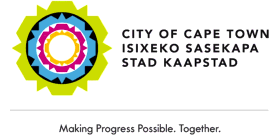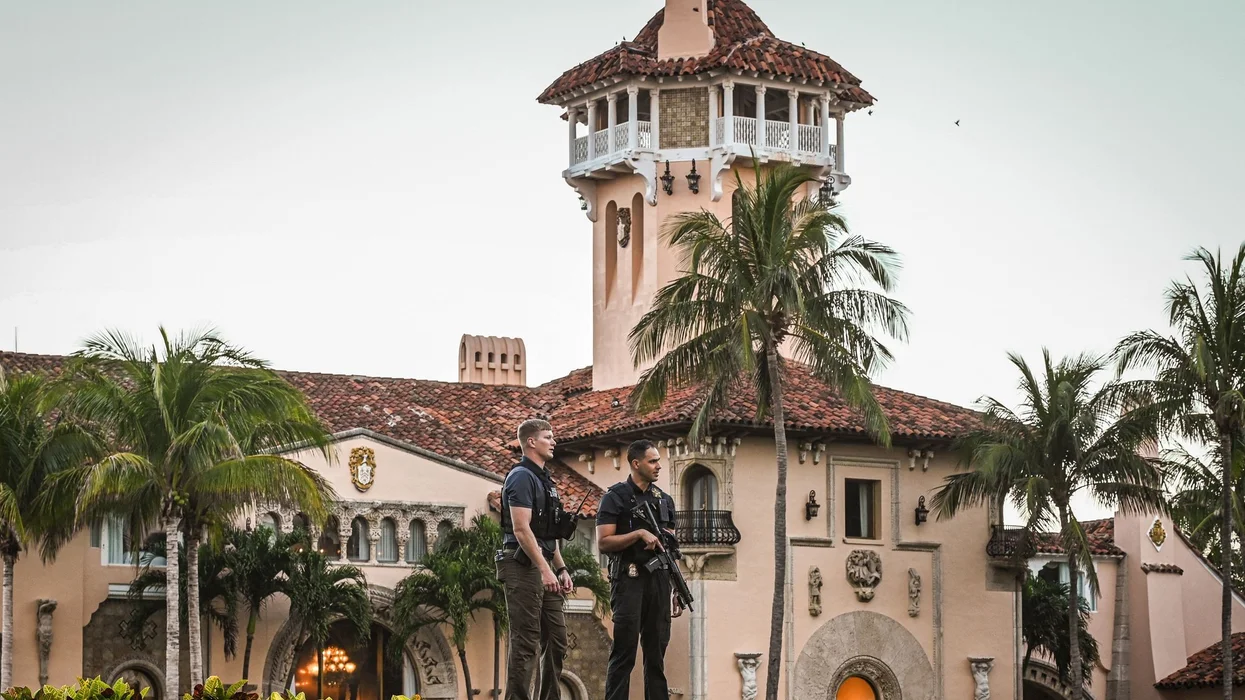Trump-Brokered Peace Deal for Ukraine? Speculation Mounts on Potential Agreement

Intense diplomatic efforts have unfolded to broker a peace deal between Ukraine and Russia, amidst significant pressure from the United States, particularly from former President Donald Trump. While Kyiv desperately seeks peace, it has staunchly refused to accept a resolution at any cost, especially one that resembles surrender. This underlying tension fueled high-stakes negotiations in Geneva and subsequent secret talks in the United Arab Emirates, involving senior officials from the US, Ukraine, Germany, France, and the UK.
The initial proposal presented by the US, which according to reports, seemed heavily biased towards Russia's demands, caused considerable consternation. Ukraine's chief negotiator, Andriy Yermak, was observed to be stony-faced during these early discussions. US Secretary of State Marco Rubio, involved in the talks, even had to deny that the draft had been authored by the Kremlin. Despite the contentious starting point, Donald Trump had made it clear that Ukraine needed to agree quickly or face unspecified consequences, compelling Kyiv to engage fully in the dialogue.
Following intense shuttle diplomacy, Marco Rubio announced "tremendous progress" with only "a couple of things" outstanding, calling the situation "delicate." A joint Ukraine-US statement subsequently revealed the existence of a "whole new deal" dubbed an "updated and revised framework document." Ukraine's deputy foreign minister, Sergiy Kyslytsya, was quoted by the Financial Times referencing a new 19-point plan, with "very little left" from the original contentious draft, which had reportedly been a 28-point plan.
The significantly modified proposal, shaped by amendments from European allies and Ukraine, addresses several critical concessions found in the initial draft. Key changes include the removal of an automatic veto on future Ukrainian NATO membership and the elimination of a cap on Ukrainian troop numbers at 600,000. Instead, it proposes a cap of 800,000 for Ukraine's military specifically "in peacetime." The revised document also clarifies that no Western troops would be permanently deployed to Ukraine, though it does not impose an all-out ban. Crucially, on the sensitive issue of territory, the new framework would not mandate a free handover of the remaining Donbas region to Russia. Instead, Ukraine would aim to recover occupied areas through exclusively diplomatic means, a position previously accepted by President Volodymyr Zelensky. Furthermore, a full amnesty for war crimes, present in the original draft, has been deleted. Most significantly, the revised deal includes a reference to robust security guarantees, with several officials, including UK Prime Minister Sir Keir Starmer, suggesting Article 5-style protection, which would bind the US to Ukraine's defense if Russia were to invade again. This Article 5-style protection is a key issue Ukraine considers non-negotiable. Germany's Chancellor Friedrich Merz described the deal as "significantly modified" in a positive sense.
The swift transformation from a seemingly pro-Russian initial plan to a more palatable one for Kyiv, all within a day, suggests the impact of Ukrainian and European resilience in negotiations. While Trump's envoy Steve Witkoff had previously reflected Russian narratives after meeting President Vladimir Putin, the revised plan appears to be one Ukraine might eventually sign. This shift is reflected in Trump's change of tone, moving from berating Kyiv for "zero gratitude" to proclaiming "something good" may be coming.
However, the path to lasting peace remains fraught with challenges. Russia's position, as articulated by Tatiana Stanovaya of the Carnegie Russia Eurasia Center, remains uncompromising: "we have laid out our demands, so do you take them or not? If so, we will stop the war – if not, we'll just wait until you're ready." Russian Foreign Minister Sergei Lavrov warned that any deviation from "key understandings" reached between Putin and Trump at the Alaska summit would fundamentally alter the situation. Putin's perceived military self-confidence, coupled with internal Ukrainian issues like a corruption scandal, political crisis, and mobilization problems, further complicates the outlook. Russia is expected to dismiss the newly revised deal, potentially leading to longer, drawn-out negotiations.
Amidst these diplomatic maneuvers, the brutal conflict on the ground continued unabated. Kyiv experienced devastating overnight bombings, with Russian missiles causing destruction in residential buildings and destroying two hot water power plants, leading to power and water outages. At least six civilians, including an 86-year-old woman, were killed in these attacks. Ukraine responded with its own barrage of aerial assaults on Russia, hitting a major Russian aircraft manufacturing plant and causing casualties in cities like Novorossiysk, Rostov-on-Don, and Krasnodar. Russian officials reported downing 249 Ukrainian drones overnight. The relentless attacks highlight a grim backdrop to the peace talks, with some suggesting Russia's actions aimed at pummeling Ukraine into accepting an unfavorable peace plan.
Despite the ongoing hostilities, Ukraine has reportedly agreed to the revised peace deal, according to a US official, who stated, "The Ukrainians have agreed to the peace deal. There are some minor details to be sorted out but they have agreed to a peace deal." President Zelensky confirmed ongoing talks with Washington and expressed gratitude for America's efforts. He is expected to travel to the US to meet with Trump to finalize the agreement. US Army Secretary Dan Driscoll has taken a leading role in these negotiations, engaging with both Ukrainian and Russian delegations. The US reportedly applied intense pressure, including threats to cut intelligence sharing and weapons supplies, to push Zelensky towards the deal. While Europe and the G20 expressed concerns over territorial and military limits, they also acknowledged elements "essential for a just and lasting peace" in the deal, albeit requiring "additional work."
You may also like...
Boxing Titans Collide Again: Mayweather vs. Pacquiao Rematch Buzz

Boxing legends Floyd Mayweather Jr. and Manny Pacquiao are set for a highly anticipated rematch on September 19 at the S...
UCL Drama: Juventus Star's Bold Promise After 'Tragic' Osimhen Error

Juventus faces a tough challenge in the Champions League second leg against Galatasaray after a 5-2 first-leg loss. Defe...
Sundance Shake-Up: Prestigious Film Festival Unveils New 2027 Dates and Boulder Debut

The Sundance Film Festival is relocating to Boulder, Colorado, for its 2027 edition, scheduled from January 21-31. This ...
BAFTA Under Fire: Major Awards Body Launches Review After Damaging N-Word Incident

BAFTA has responded to the N-word controversy at its recent Film Awards, involving Tourette's syndrome activist John Dav...
Shocking Cancellation: 2026 La Onda Festival Scrapped After Lineup Reveal

The 2026 La Onda Festival in Napa, California, has been unexpectedly canceled just weeks after announcing a star-studded...
Star-Studded Showcase: Kravitz, Maroon 5, Ozuna & Yandel Lead 2026 Starlite Occident Marbella

The Starlite Occident Marbella festival has unveiled its initial 2026 lineup, featuring headliners like Lenny Kravitz, M...
Cape Town's Kirstenbosch Garden Blooms onto World's Most Beautiful List!

Cape Town's Kirstenbosch National Botanical Garden has been globally recognized by Homes & Gardens as one of the Most Be...
Mozambique's National Carrier LAM Soars Towards Revival with Ethiopian Airlines Power

Mozambique's government is in discussions with Ethiopian Airlines to restructure its national carrier, LAM, focusing on ...




